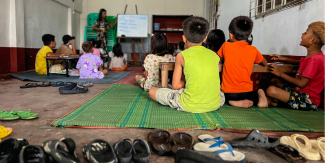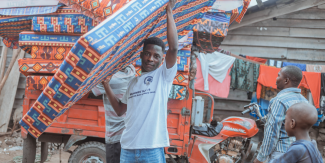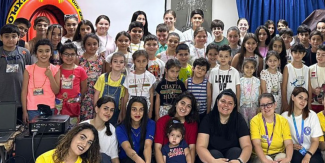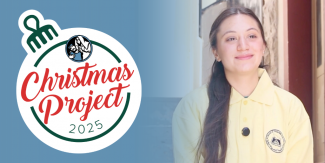 Gender inequality is a significant driver of global poverty rates, denying women and girls of their inherent, God-given dignity. In many cultures, women face barriers—even in their own homes—that limit their opportunities to learn and support themselves and their families. At least 60 percent of individuals living with chronic, extreme hunger are women and girls. In countries impacted by fragility, conflict, and violence, girls are 2.5 times more likely to be out of school than boys. Women make up more than two-thirds of the world’s illiterate population.
Gender inequality is a significant driver of global poverty rates, denying women and girls of their inherent, God-given dignity. In many cultures, women face barriers—even in their own homes—that limit their opportunities to learn and support themselves and their families. At least 60 percent of individuals living with chronic, extreme hunger are women and girls. In countries impacted by fragility, conflict, and violence, girls are 2.5 times more likely to be out of school than boys. Women make up more than two-thirds of the world’s illiterate population.
Empowering women to earn an income and support their families helps close these and other gender gaps. Education and employment lead to widespread benefits, including improved child nutrition, better health, and opportunities like small business ownership.
Nazarene Compassionate Ministries is working in partnership with local Nazarene churches in Ethiopia, Liberia, and Ghana to support the empowerment and dignity of women and girls. Through projects that open doors to education alongside vocational training and job placement assistance, women and their families are finding hope for a better and more secure future.
When you give to the 2024 NCM Christmas Project, you will help unlock the skills and resources women need to transform lives and communities.
Read on for Afia's story and learn how entering a vocational training course has helped her open her own business and grow in confidence.

Afia* is a young mother who lives in Ethiopia. Due to her family’s economic situation, a formal education remained out of Afia’s grasp during her childhood. Like many children forced to grow up without schooling, Afia struggled with her self-esteem and confidence.
“According to my mind, I feel that I don’t have any ability to study or discover any things on earth,” she confessed. “In my background, women never try to work; we are hopeless and stay in our houses. I just waited [to receive] what my husband [gave] us. I believed all women are like me.”
When Afia heard about the women’s vocational training project near her home, she didn’t fully grasp the scope or purpose.
“My neighbor told me about it and encouraged me to visit,” Afia recounts. “I met the woman who is leading the project and asked her, ‘How will you help us? Will you give us food or medicine?’”
The leader's answer surprised her. She had nothing to give, but she promised to teach Afia a different way to get food and medicine.
“She asked me, ‘Are you ready to study? Would you like to know how to read and write and understand math?’ I said no because I am a mother, I am not like children, I don’t have a good mind to understand things.”
The leader pressed further, assuring Afia that she was capable of learning new skills. She even promised Afia that her children would be cared for during the class sessions.
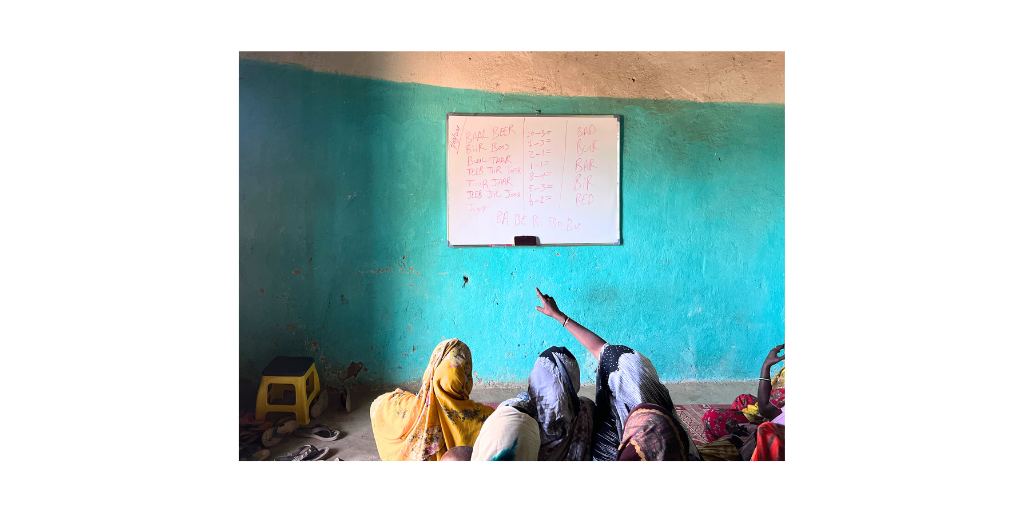
That encounter and the classes that followed made all the difference in Afia’s life. She can now read and write in her language, comprehend basic math skills, and learn how to provide beauty treatments to earn income for her family. The project leaders walked her through the process of opening a bank account and setting up a mobile phone plan—essential aspects of running a successful small business.
“I am a businesswoman,” Afia says proudly. “I make good income. I [have a] mobile salon and go house by house to [apply] henna and makeup. I support my kids and my husband.”
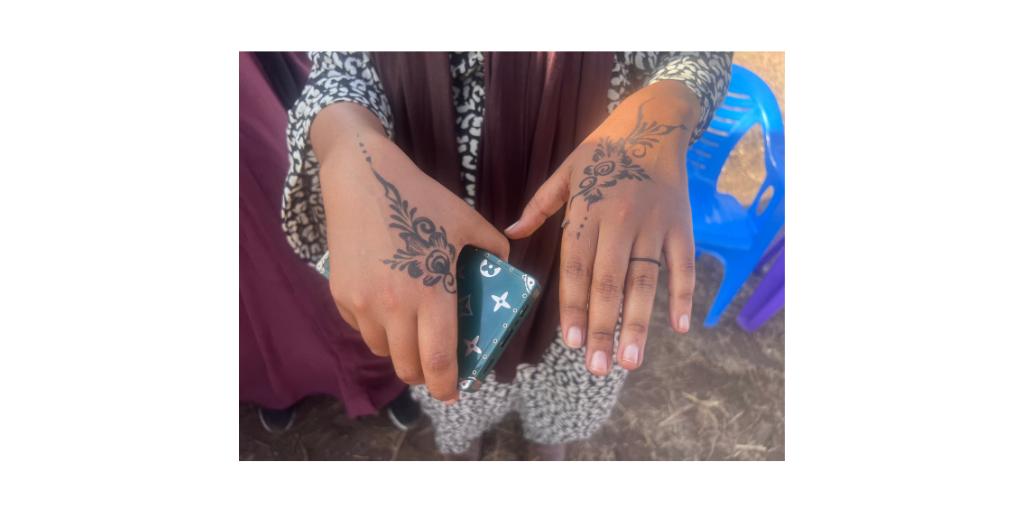
Afia has become an evangelist for the vocational project and has encouraged many other women in her area to seek the same type of life change she experienced.
“I never dreamed [I would be] where I am right now,” she shares. “My kids will go to school next year!”
One step at a time, Afia is contributing to her family’s next goal—they’re hoping to build a home. Because of the vocational training project in Ethiopia and her courage to try something new, that dream is closer than ever before.
*Name is changed for protection.

